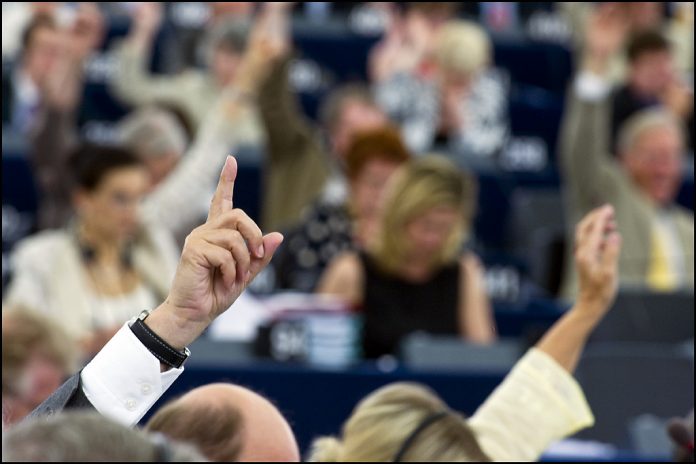The EU should promote non-discriminatory access to justice for all its citizens, as well as support gender equality.
On Tuesday, Legal Affairs and Civil Liberties MEPs backed with 49 votes to 7, with 1 abstention, the partial agreement reached between co-legislators on the EU Justice Programme for 2021-2027. The Programme will continue cultivating a European area of justice based on the rule of law, independence and impartiality of the judiciary, access to justice, mutual recognition and trust and cross-border cooperation.
Co-legislators managed to ensure that the Programme will, in all its actions, also promote gender mainstreaming, particularly gender equality, the rights of the child, the protection of victims and the effective application of the principle of equal rights and non-discrimination.
More specifically, the programme aims to:
facilitate and support judicial cooperation in civil and criminal matters, including by supporting the efforts to improve the effectiveness of national justice systems and enforcement of decisions;
support and promote judicial training to develop a common legal, judicial and rule of law culture among justice professionals; and to improve judicial cooperation and trust in cross-border proceedings;
facilitate non-discriminatory access to justice for all and effective redress, by promoting efficient procedures and supporting the rights of all victims of crime, including by electronic means.
EU co-legislators were able to start negotiations before the EU elections on a significant number of proposals for the EU’s next long term budget. The budgetary allocations for the Justice Programme were left outside the scope of this agreement, meaning that negotiations will be finalised under the next European Parliament based on this partial agreement and on the Parliament’s negotiating mandate.

